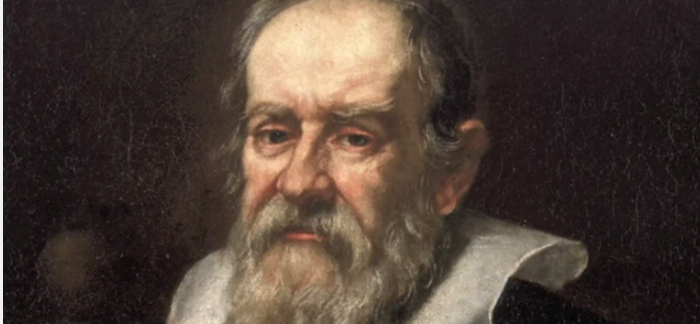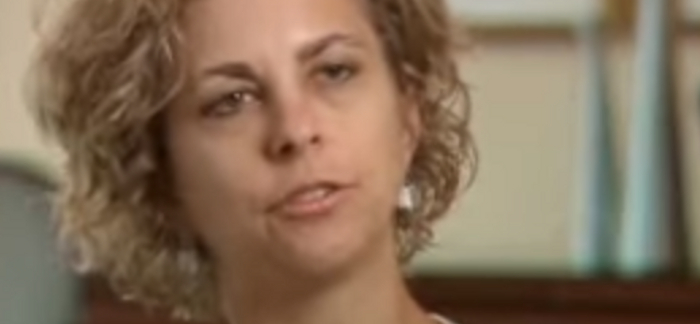Galileo Galilei is widely regarded as one of the most prolific scientists of his generation. His observations have been studied for centuries and his fight to have science work with religion instead of being suppressed by it is quite famous. Here are some interesting facts about Galileo you may not have known.
1. His Family Was Religious
Galileo might have fought the Pope, but his family followed the faith. He never married the woman who bore his children, two of whom would go on to become members of the Convent of San Matteo. His two daughters lived there their entire life, in fact, so Galileo would often find himself visiting the religious site. It’s even said that he would repair their windows and make sure their clock was working when he’d visit.
2. His Science Wasn’t Always Right
Galileo fought for the accuracy of science, but unfortunately his ideas weren’t always correct. His biggest error was that he didn’t believe that the orbit of the moon caused the tides to ebb and flow. This is often why his observations about the Earth orbiting the sun and the discovery of Jupiter’s moons are often emphasized.
3. Offering a Final Insult
Relics are the bones of those who have passed away. We often think of relics for those who are religious, such as the disciples of Jesus. The world also has a relic of Galileo on display. It’s at the Galileo Museum in Florence, Italy and is the middle finger from his right hand.
4. A Love of Music
One of the things about Galileo that isn’t often discussed is the fact that he was a very accomplished lutenist. His father was a well regarded composer in his day and Galileo spent much of his childhood learning about music theories.
5. It Didn’t Happen
Outside of his fight with religion, one of the most famous stories of Galileo is of him climbing the leaning tower of Pisa to drop two cannon balls of difference sizes. The goal was to prove that descent speed was independent of mass. The only source for this story, however, was Galileo’s secretary, so many believe it is fiction rather than fact.
We have Galileo to thank for helping to take the world out of the scientific dark ages. He might not have been 100% accurate, but who is?




